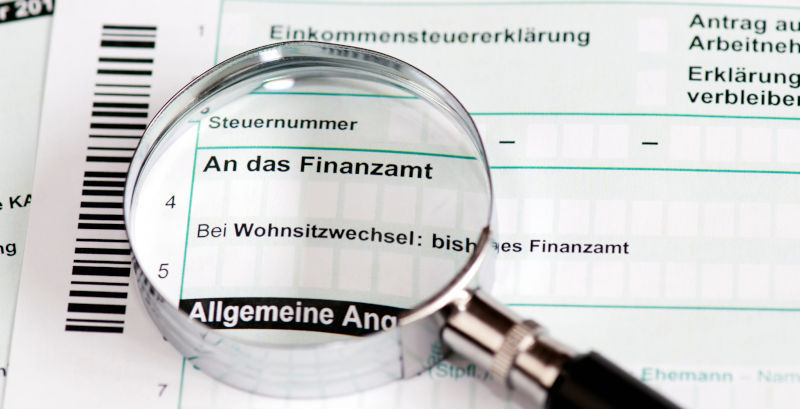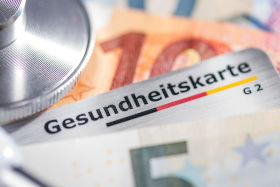
Free business bank accounts
A honest review of Fyrst, Holvi, Kontist, Finom and Wise.
Congratulations! You earned some money in Germany. Now you have to pay taxes. This article is an introduction to the German tax system for freelancers, consultants and anybody running their own business.

Let's start with various tax and ID numbers as they get easily confused...
This is a short overview of the main types of taxes you might have to deal with when doing business in Germany.
Continue reading about our review of the best tax return software and services.

A honest review of Fyrst, Holvi, Kontist, Finom and Wise.

The essentials to run a business, consultancy or freelance in Germany: register, get a tax number, healthcare, invoicing.
Find an English speaking tax consultant close to your address.

The fastest way to do your taxes in Germany without speaking German. A review of Wiso, Smartsteuer, Wundertax, Sorted.

An overview of the different types of work visas in Germany. A starter guide for everybody who wants to work in Germany.

What is the procedure when visiting a doctor or a hospital in Germany? How long do I have to wait for appointments? What is the quality of the treatment? What are the cos...

The best German bank accounts in 2024 for expats. A honest review of N26, DKB, 1822direkt, bunq, ING-DiBa and many more.

The German Blue Card visa is an option for a permanent residence permit if you are looking to work in mathematics, IT, natural sciences, engineering or human medicine or ...

An independent 2024 review of the best German public and private health insurance plans for singles, couples and families including expat health insurance for visa applic...

How to dial a phone number in Germany.

The best German mobile phone and prepaid plans for expats. A review of Smartmobil, Telekom, Vodafone, Lebara, fraenk.

Public vs private health insurance in Germany for foreigners. Your options and why cheap plans might turn out to be more expensive in the end.

What to pay attention for when applying for private health insurance in Germany.

A guide to getting a German work visa for employees. This visa allows you to work and live in Germany.

Get your money back if you have to cancel your trip because of Corona.

This guide walks you through the all the necessary steps to remotely find a job in Germany, including an overview of the most important job search engines and common appl...

Freelance artists or publishers in Germany are entitled to cheaper healthcare plans via the Künstlersozialkasse (KSK). A step by step guide.

A review of the most useful health apps in Germany.

A step by step guide to get a visa to freelance in Germany.
You can't do all the work at home anymore and need help? Follow this step by step guide to get help covered by your German health insurance.
A step by step guide to find a doctor which speaks your language in Germany based on your ZIP code.

A step by step guide to get your money back if an airline cancelled a flight but does not refund the money.

A honest review of German internet providers and how the pick the best one for your location (and save money).

A step by step guide to register an address in Germany. This is called Anmeldung an necessary to get a tax id, open a bank account or to sign up for health insurance.

All about the German student visa, the application process and required documents.

A guide to find the best electricity company in Germany, including comparison websites, and companies with English support.

Our guide shows you the necessary steps to open a bank account as a foreigner in Germany.

An introduction into the German tax system for employees.

83% of German households have a private liability insurance. Get protection for as little as 43.- Euro per year. A review for expats including dog liability.

A bureaucratic nightmare with a happy end.

A checklist of steps to do after you found a flat: registration, electricity and internet providers, moving services, useful insurances and warnings of possible scams.